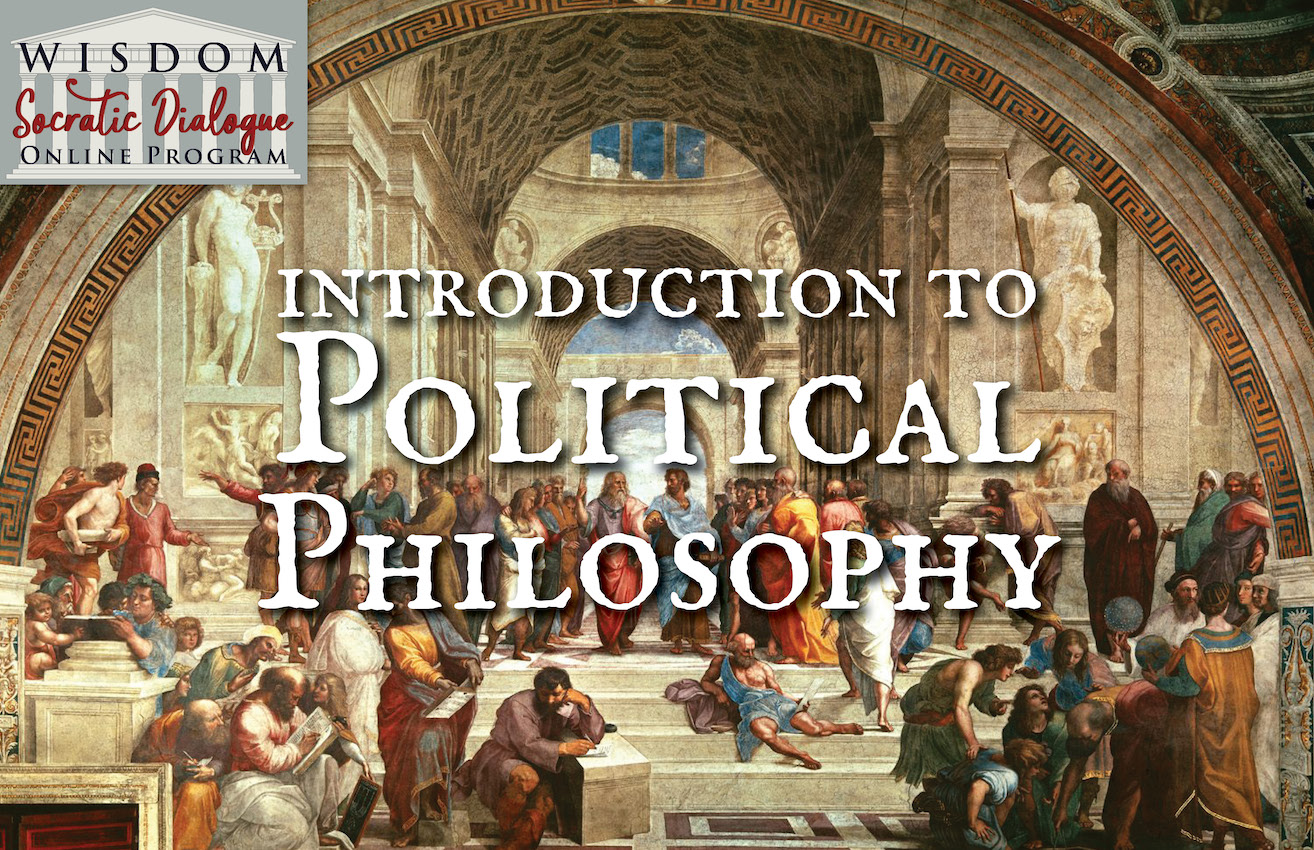
Senior Course (15 yrs and up), $185, 14 week course - Prerequisite: Foundational Great Books
(Extra Evaluation Version available - see below)
Discover the world beyond political headlines and democratic institutions—the world that forged the path for the systems of government that dominate our international arena today. This course explores the primary thinkers in political philosophy, from Plato and Aristotle to Alexis De Tocqueville and John Locke. By digging into classic texts, we’ll consider the most fundamental questions about the very ideas that underpin the political sphere: What is justice? Is democracy the best form of government? What is just war? and What makes an ideal regime? Using socratic dialogue to engage with some of the greatest minds this world has ever seen, students will hone their critical thought, develop an arsenal of ideas for political critique, and come to understand politics as they have never understood it before.
All readings will be provided in an online format to registered students.
Reading List:
- The Republic by Plato (excerpts)
- The Politics by Aristotle (excerpts)
- The City of God by Augustine (excerpts)
- Summa Theologica by Thomas Aquinas (excerpts)
- The Prince by Niccolo Machiavelli
- Leviathan by Thomas Hobbes (excerpts)
- Funeral Oration by Thucydides (Pericles)
- The Communist Manifesto by Karl Marx
- Rerum Novarum by Pope Leo XIII
- Selections from works on the social contract and government by John Locke, Jean-Jacques Rousseau, Abraham Lincoln, James Madison, J.S. Mill, and Alexis de Tocqueville
Extra Evaluation Information
Students interested in taking the extra evaluated version of this course can find more information on our Intro to Political Philosophy fact sheet. This version partially fulfills the admission requirements for the WISDOM/Augustana University Partnership. It may also be taken by students not pursuing the Augustana application but who desire more rigorous assessment.
